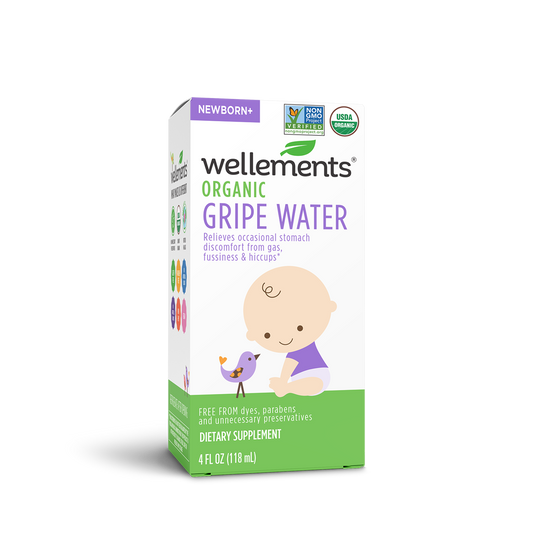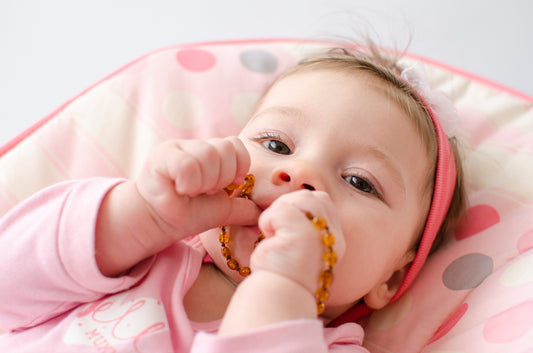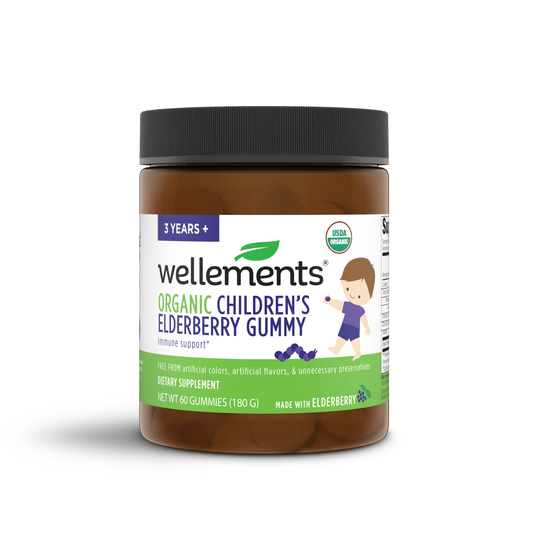Could your baby have the dreaded “C” word?
| updated:Share

A colicky baby is no fun! When met with a colicky baby, parents may feel it’s the most difficult thing they’ve had to deal with in their beautiful newborn’s youngest months! First and foremost, if your baby does have colic, it is important to remember that this is totally normal but unfortunately, without good explanation. Speaking on behalf of other pediatricians, this happens all the time with our own kids, yet we are still baffled by the cause!
So, what is colic?
Often, you have what seems like a perfect newborn for the first few weeks of life. All of the sudden, you start to notice your sweet little baby has a period of time in the evening where he or she starts to become more and more uncomfortable, screaming and crying. Their cry is noticeably different from that of being wet and/or hungry. It’s intense, high-pitched, and often might seem as though your baby gets to the point where they are simply inconsolable. It typically becomes a pattern, where you notice the fuss at a certain time of day, typically around 5 PM, lasting for 3 to 4 hours. These hours are long and often feel defeating. These babies are well in every other way but just can’t seem to stop crying. They are well-fed and growing, not running a fever, not experiencing vomiting, watery and/or mucousy poop or lethargy. They are content until this short, but what feels like an eternity, three to four hours in the evening time.
How long does it last?
The good news is that your baby will eventually grow out of this condition, typically around three to four months of life.
What causes colic?
To be honest we aren’t exactly sure, because every baby is so different. However, we have found that the following 4 things seem to big play a role in the cause of colic.
- Gastrointestinal(GI) immaturity and with that, probable gut microbiome (bacteria) imbalance
- Stress in the family due to factors like the newness of parenting (your firstborn is most likely to have colic), parental sleep deprivation and/or any other common stressful life scenarios
- Cow’s milk protein intolerance
- Other dietary triggers such as soy, nuts, wheat, coffee, caffeine
How to sooth a colicky baby?
- Probiotics given to babies have been shown to aid in colicky symptoms. If you don’t already have one that you are using, I suggest checking out Wellements Organic Probiotic Drops. They also have an Organic Gripe Water. I recommend my nursing moms take one, as well.
- If mom is breastfeeding, an elimination diet whereby dairy is eliminated for at least one week to observe if this might be a trigger. If your baby is formula- fed or you are supplementing with formula, consider changing to a hypoallergenic formula (Nutramagen and Alimentum, as examples). Before switching formulas always talk to your provider.
- Pay attention to other foods or drinks you are consuming that seem to make your baby more fussy and colicky.
- Limiting caffeine to only one cup of coffee or tea in the morning.
- Gripe water is often extremely helpful to calm a colicky baby. So, what is gripe water? It has been around since the 1800’s, with beneficial modifications over the years. It has variations, but mainly contains ingredients that are intended to aid in calming colic. Wellements offers Original Gripe Water and Nighttime Gripe Water. My patients love them all!
- Other remedies that might help include...car rides, sound machines, the rhythmic noise of a dryer, vacuum cleaners all have been helpful for some.
4.4 /
5.0
(64)
64
total reviews
Gripe Water
Sale price
$12.49
If you think your sweet baby might have colic, call your doctor. It is often one of the most difficult, however benign and short-lived, medical conditions for parents and infants to endure. We are here for you and want to help!



